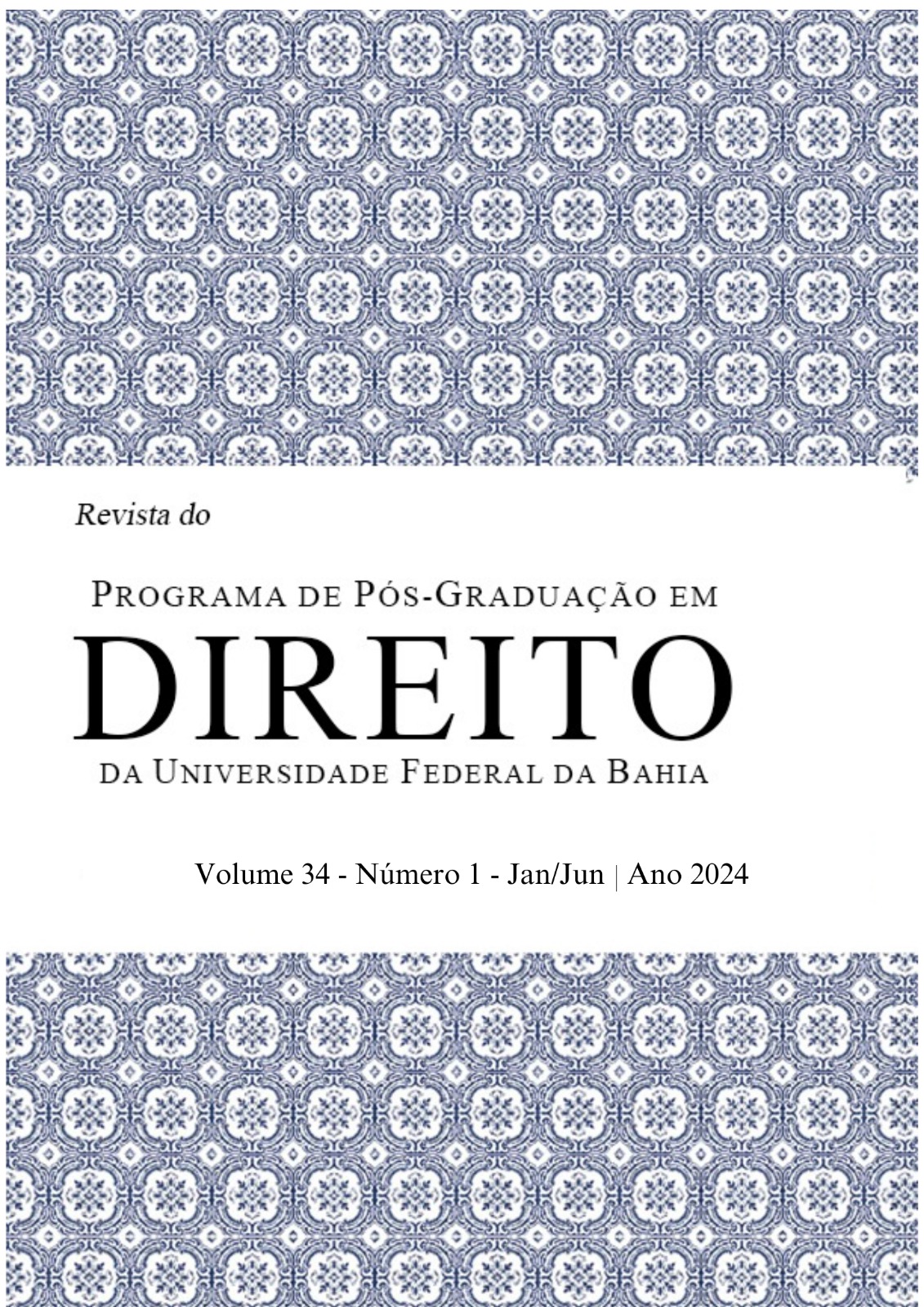UM OLHAR SISTÊMICO SOBRE O IPTU VERDE EM SALVADOR-BA EM SUA FUNÇÃO TRIBUTÁRIA AMBIENTAL
DOI:
https://doi.org/10.9771/rppgd.v34i0.58231Keywords:
Extrafiscalidade; IPTU-Verde; Método lógico-sistemático; Teoria sistêmica; Tributo ambiental.Abstract
Constitutional tax law and its aspects, while providing important tools for achieving constitutional objectives, find major limitations in the constitutional text itself. In this regard, this research seeks to understand the fundamental elements and characteristics of environmental taxation through an analysis strictly systemic constitutional, or 'technical-legal', of the IPTU tax standard (urban territorial property tax) 'Green' within the scope of Salvador BA. The aim is to resolve the following question: Would the ‘Green’ IPTU be compatible with the constitutional elements specific to an ‘environmental tax’? To this end, it was necessary to use a logical-systematic chain of elements inherited by the constitutional tax doctrine and the logical-deductive research method, in order to systematize the main elements of the norm under study and lead them to falsification in the face of the elements definers of 'environmental tax'. It is concluded that the norm under study brings together elements capable of qualifying it as an environmental tax, especially from its perspective as a norm that induces behavior, that is, from its extra-fiscal perspective, as a stimulus to practices that promote the protection of an ecologically balanced environment.
Downloads
Downloads
Published
How to Cite
Issue
Section
License
Copyright (c) 2024 Revista do Programa de Pós-Graduação em Direito

This work is licensed under a Creative Commons Attribution-NonCommercial-NoDerivatives 4.0 International License.
1. Autores mantém os direitos autorais e concedem à revista o direito de primeira publicação, com o trabalho simultaneamente licenciado sob a Licença Creative Commons Atribuição 4.0 Internacional que permite o compartilhamentodo trabalho com reconhecimento da autoria e publicação inicial nesta revista.
2. Autores têm autorização para assumir contratos adicionais separadamente, para distribuição não-exclusiva da versão do trabalho publicada nesta revista (ex.: publicar em repositório institucional ou como capítulo de livro), com reconhecimento de autoria e publicação inicial nesta revista.
3. Autores têm permissão e são estimulados a publicar e distribuir seu trabalho online (ex.: em repositórios institucionais ou na sua página pessoal) a qualquer ponto antes ou durante o processo editorial, já que isso pode gerar alterações produtivas, bem como aumentar o impacto e a citação do trabalho publicado

